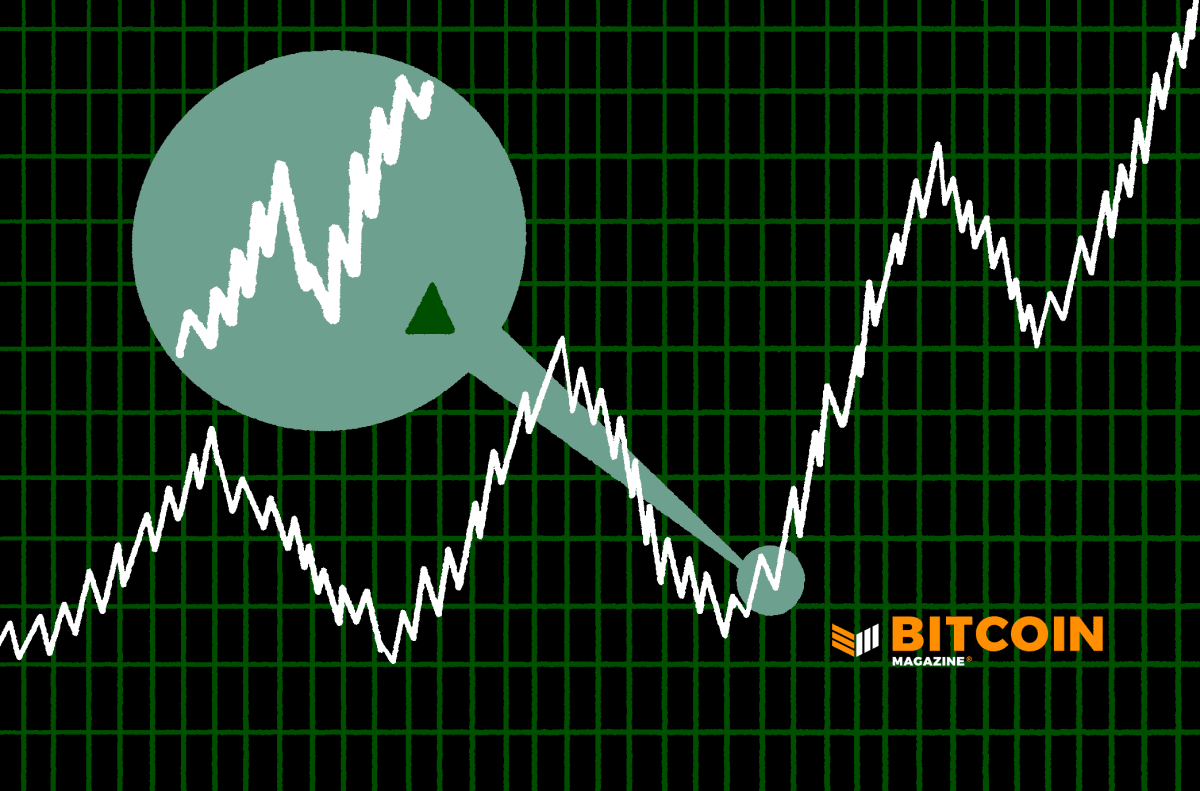If you’ve ever traded over the counter stocks (OTC stocks), you may have heard the term “market maker” before. Market makers are a crucial part of the OTC ecosystem, and understanding their role can help investors navigate this often-complex world of investing. In this article, we’ll break down the role of market makers in OTC stocks, explore how they impact liquidity and pricing, and discuss some of the challenges that they face.
For more information about OTC stocks, be sure to check out our comprehensive guide on the topic: https://otcstockz.com/otc-stocks/breaking-down-the-world-of-over-the-counter-stocks-otc-stock-a-comprehensive-guide/
What are market makers?
At their most basic level, market makers are brokers who facilitate trades in OTC stocks. When you buy or sell an OTC stock, you’re not actually trading directly with another investor. Instead, you’re trading through a market maker, who acts as an intermediary between buyers and sellers.
Market makers have several important responsibilities. First, they must maintain a bid-ask spread for the stocks they cover. This means that they must be willing to buy shares from investors at a certain price (the bid) and sell shares to investors at a slightly higher price (the ask). The difference between the bid and ask prices is known as the spread, and it represents the market maker’s profit on the trade.
Market makers also help ensure that there is liquidity in the OTC market. Because OTC stocks are not traded on major exchanges like the NYSE or NASDAQ, there may be less demand for these stocks, making them less liquid. Market makers help counteract this by always being willing to buy and sell shares of the stocks they cover. This means that investors can usually find a buyer or seller for their shares, even if there isn’t much overall demand for the stock.
How do market makers impact pricing in OTC stocks?
Market makers play a crucial role in determining the price of OTC stocks. Because there is no centralized exchange for OTC stocks, the price of these stocks is not determined by a single, objective market price. Instead, the price of an OTC stock is determined by the bid-ask spread offered by market makers.
For example, let’s say that Company A has an OTC stock that is currently trading at $10 per share. The market maker for this stock may offer a bid-ask spread of $9.50-$10.50. This means that the market maker is willing to buy shares of the stock from investors for $9.50 per share and sell shares to investors for $10.50 per share. As investors buy and sell shares of the stock, the market maker may adjust the bid-ask spread to reflect changes in supply and demand.
Because market makers control the bid-ask spread for OTC stocks, they can sometimes have a significant impact on the price of these stocks. For example, if a market maker is offering a wide bid-ask spread for a particular stock, this may indicate that there is less demand for the stock, and the price may fall as a result. Conversely, if a market maker is offering a narrow bid-ask spread, this may indicate that there is high demand for the stock, and the price may rise as a result.
Challenges faced by market makers
While market makers play an important role in the OTC market, they also face several challenges that can make their job difficult. One major challenge is managing risk. Because market makers are always buying and selling shares of OTC stocks, they must be able to manage their inventory effectively. If they take on too much inventory of a particular stock, they may be at risk of losing money if the price of the stock falls. On the other hand, if they don’t take on enough inventory, they may miss out on potential profits.
Another challenge that market makers face is managing information flow. Because OTC stocks are not subject to the same level of regulatory oversight
as stocks traded on major exchanges, market makers may not have access to the same level of information about these stocks as they would like. This can make it difficult for them to accurately assess the risk and potential profitability of certain trades.
Finally, market makers must also contend with the issue of competition. While there are typically only a handful of market makers for any given OTC stock, these market makers are still competing against each other for business. This competition can lead to a race to the bottom in terms of bid-ask spreads, which can make it difficult for market makers to turn a profit.
Conclusion
Market makers play a crucial role in the world of OTC stocks. By facilitating trades, maintaining bid-ask spreads, and providing liquidity, market makers help ensure that investors can trade OTC stocks effectively. However, they also face several challenges, including managing risk, managing information flow, and competing against each other. For investors, understanding the role of market makers in the OTC market can help them make more informed trading decisions and navigate the complexities of this often-overlooked corner of the investing world.
If you’re interested in learning more about OTC stocks and the role of market makers in this market, be sure to check out our comprehensive guide to OTC stocks at OTCStockz.com. And if you’re ready to start trading OTC stocks, be sure to do your research and work with a reputable broker who can help you navigate the market effectively. With the right approach, investing in OTC stocks can be a lucrative and rewarding experience for savvy investors.
For more information on investing in OTC stocks and other types of investments, be sure to check out the following external links:
- The U.S. Securities and Exchange Commission’s Investor.gov website: https://www.investor.gov/
- The Financial Industry Regulatory Authority (FINRA): https://www.finra.org/
- The OTC Markets Group: https://otcmarkets.com/


















